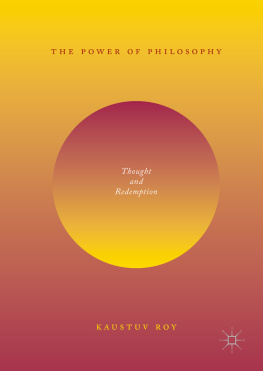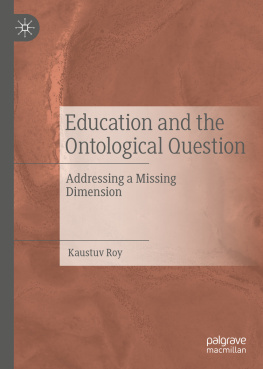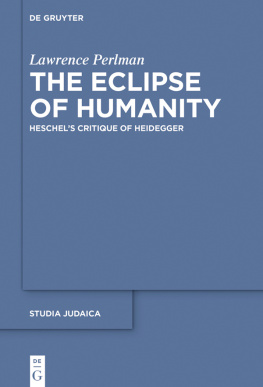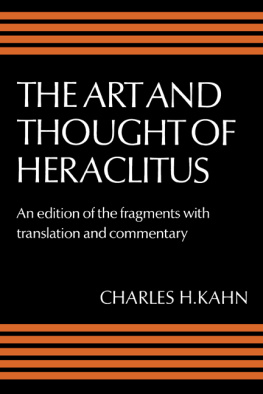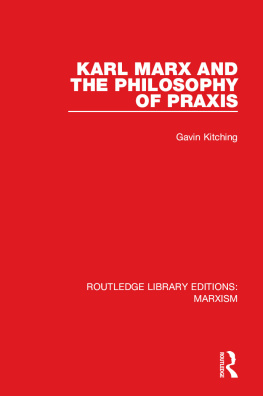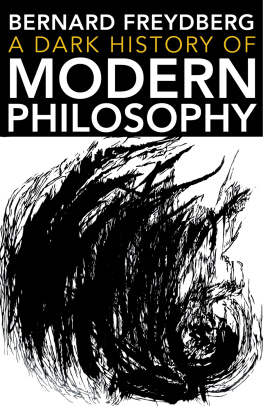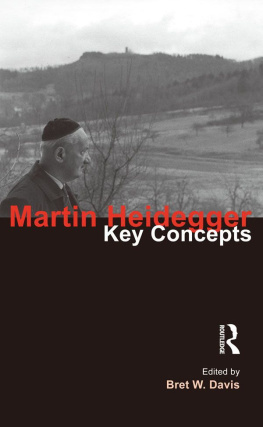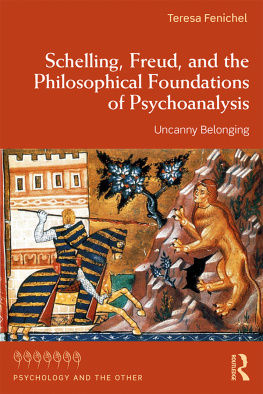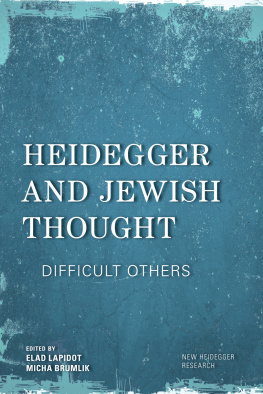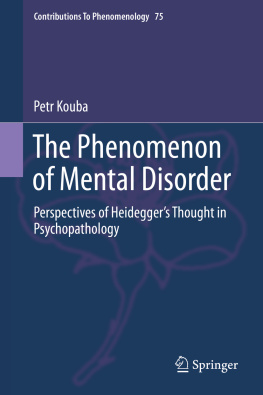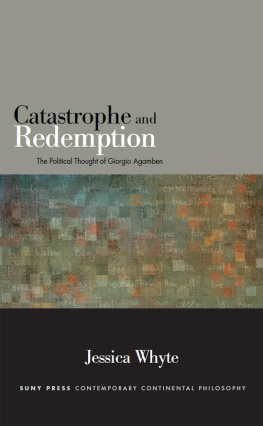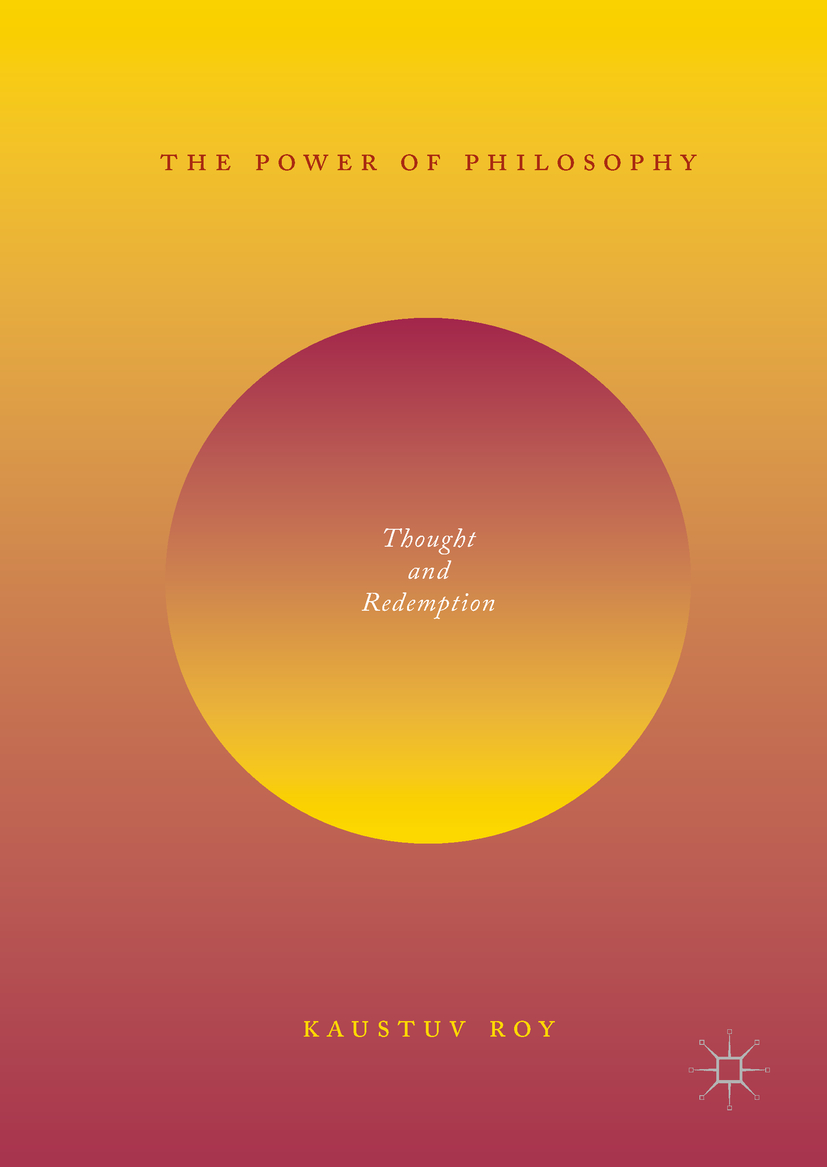Kaustuv Roy
Azim Premji University, Bengaluru, India
ISBN 978-3-319-96910-7 e-ISBN 978-3-319-96911-4
https://doi.org/10.1007/978-3-319-96911-4
Library of Congress Control Number: 2018949901
The Editor(s) (if applicable) and The Author(s), under exclusive license to Springer Nature Switzerland AG 2018
This work is subject to copyright. All rights are solely and exclusively licensed by the Publisher, whether the whole or part of the material is concerned, specifically the rights of translation, reprinting, reuse of illustrations, recitation, broadcasting, reproduction on microfilms or in any other physical way, and transmission or information storage and retrieval, electronic adaptation, computer software, or by similar or dissimilar methodology now known or hereafter developed.
The use of general descriptive names, registered names, trademarks, service marks, etc. in this publication does not imply, even in the absence of a specific statement, that such names are exempt from the relevant protective laws and regulations and therefore free for general use.
The publisher, the authors and the editors are safe to assume that the advice and information in this book are believed to be true and accurate at the date of publication. Neither the publisher nor the authors or the editors give a warranty, express or implied, with respect to the material contained herein or for any errors or omissions that may have been made. The publisher remains neutral with regard to jurisdictional claims in published maps and institutional affiliations.
Cover design by Emma Hardy
This Palgrave Macmillan imprint is published by the registered company Springer Nature Switzerland AG
The registered company address is: Gewerbestrasse 11, 6330 Cham, Switzerland
Preface
In old movie theaters, one could turn around in ones seat and see the hole at the rear wall through which the projector beamed, over the heads of the audience, torrents of colored light, hitting the screen out in front, creating scenes of wretched pain and intense Eros, of clichd tenderness and scripted horror. Rays of light passing through celluloid and captured on screen were able to arouse various sentiments depending on the times, culture, and reception. Dust motes swirled, casually drifting in and out of the beams, indifferent to the events. As a child one found the colorful proceedings overhead almost as intriguing as the colored effects on the screen, at times more so. Much later, the recollection of this would serve as a good model for reflection on the general nature of that in which we are absorbed most of the time. Representations fill our mental horizon, but the invisible ontological mix that is the background stuff of consciousness remains obscure. We are glued to the images, but unlike the child of curiosity, are not particularly interested in or concerned about their source. Clearly, there is no hole-in-the-wall from which images pour out in consciousness, nor yet beams of any discernible thing that visibly project thought. And yet the parallels are unmistakable. Somewhere in those similarities the idea of this book took birth. The human composite dances to the tune of thought, and yet has not the least idea of the true nature of its matrix. To claim that it originates in the chemistry of the brain or somewhere else is only to beg the question. It is not that the book attempts to discover the origin of thinking. Rather, it attempts to study thinking in a manner that philosophy has rarely done. Thought by itself cannot discover its own origin. But it can put itself under stringent observation such that gradually an intuition is developed toward a new perception and a readiness for disclosure. Thinking has been obsessed by the content of thinking; now thought is asked to look into its structure, which brings us to the door of origin. Then we can knock. And maybe the door is opened unto us. The book is an offering to the preparation for such a possibility.
Kaustuv Roy
Bengaluru, India
.
Acknowledgements
The author acknowledges institutional help received from Azim Premji University, Bangalore, in the production of the book. Acknowledgment is due to Chitra L. who has worked as research assistant on the project, read, and offered valuable suggestions.

